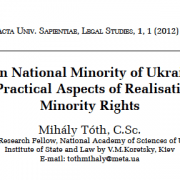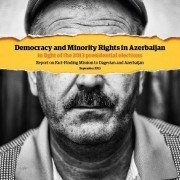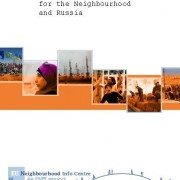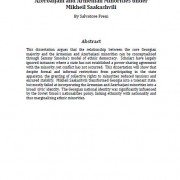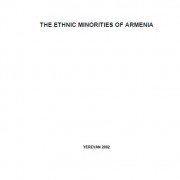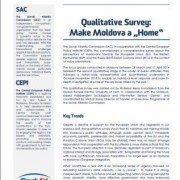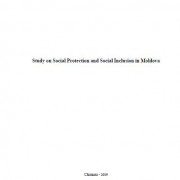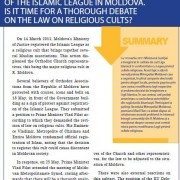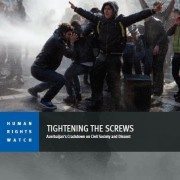The Hungarian community which lives in Ukraine transformed into a national minority as a result of the creation of a series of nation states on the territory of the former Austro-Hungarian Monarchy after World War I. The Hungarian minority in Ukraine is relatively small (156.2 thousand people) but at the same time a regional national […]
Read more
The fact-finding mission to Dagestan and Azerbaijan aimed at examining the situation of the Lezghin, and other ethnic and religious groups, in light of the Azeri Presidential elections of 2013. Political Representation, Socio-Economic Conditions and Culture and Language are the three key thematics the mission gathered data and testimonies. The mission key findings are the […]
Read more
The handbook introduce how some of the funding for the Neighourhood works, who is involved and where they can find out more. The handbook is divided into: the funding instruments, how EU Delegations deliver cooperation, the Thematic Instruments, How Funds are Allocated, Grants and Contracts, Budget Support and Cross Border Cooperation. It also looks into […]
Read more
This dissertation argues that the relationship between the core Georgian majority and the Armenian and Azerbaijani minorities can be conceptualised through Sammy Smooha’s model of ethnic democracy. Scholars have largelyignored instances where a state has not established a power‐sharing agreement with the minority, yet conflict has not occurred. This dissertation will show that despite formal […]
Read more
This study gives a short description of ethic minorities in Armenia. After the short historical background, the study briefly introduce the linguistic, religious and ethnic characteristic of the minority. It provides figures, statistical data and contacts for designated minority organisations.
Read more
It is a comprehensive survey about the perceptions of Moldovans towards the European Union (EU), the Eastern Partnership (EaP) and the Russia-led Eurasian Customs Union (ECU) in the context of value orientations. The survey represent Moldovan population opinion between March- April 2014.
Read more
The report highlights the most important developments and features of the social protection and healthcare systems in Moldova, particularly analysing the impact of public policies on vulnerable and marginalised groups of the population.
Read more
The policy brief analyze the freedom of religion in Moldova after the registration of the Islam League as opposed by the Ortodox Church. The political debate and the changes in legislation as a consequence are described in the paper.
Read more
In 2009 the EU launched the Eastern Partnership (EaP) encompassing the six Eastern countries Azerbaijan, Armenia, Belarus, Georgia, Moldova and Ukraine. What is the EU’s policy towards minorities in these countries? Did minorities and indigenous peoples have a say in the political dialogue with the EU? Have they benefited from the main EU financial instruments? […]
Read more
Azerbaijan’s record on freedom of expression, assembly, and association has been on a steady decline for some years, but it has seen a dramatic deterioration since mid-2012. Since then the government has been engaged in a concerted effort to curtail opposition political activity, punish public allegations of corruption and other criticism of government practices, and […]
Read more

